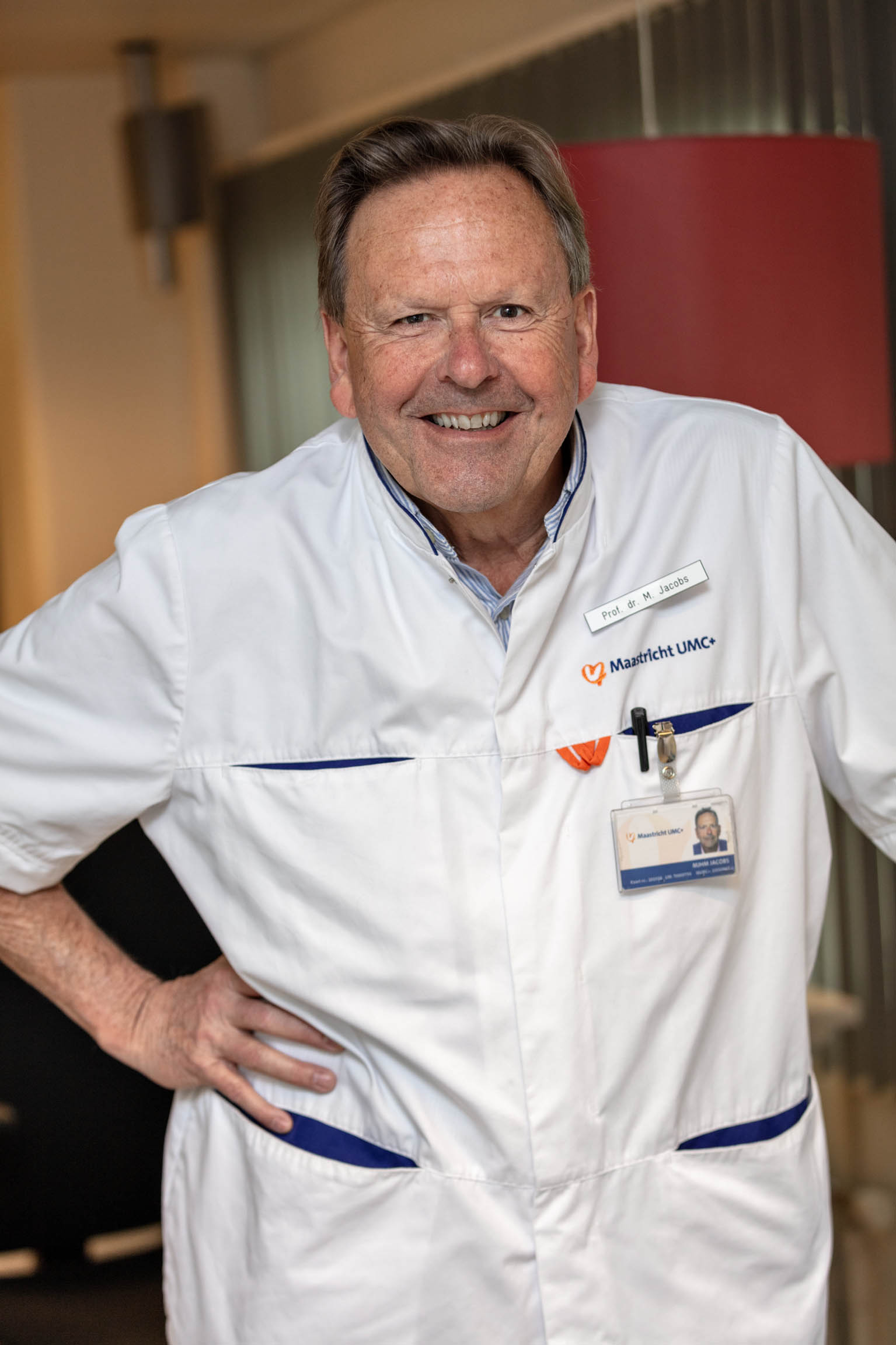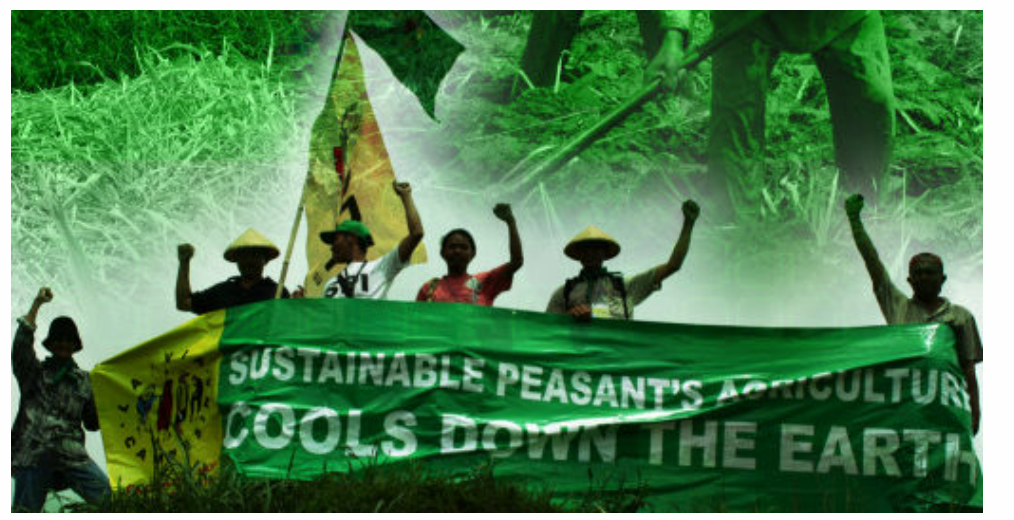Students run ‘not another supermarket’
In 2018, UM student Liza Diane Gordin and some fellow students received a grant from the University Fund Limburg/SWOL to set up the first student food cooperative of the Benelux. This special initiative, called the Foodcoop Maastricht, helps the students realise their ambition: making organic and sustainable products accessible to and affordable for anyone.
Liza Diane: ‘‘The idea to found a student food cooperative in Maastricht came about when I returned from my semester abroad in Australia. There, food cooperatives are common; almost every big university has such a food distribution outlet run by local volunteers. Once back in Maastricht, I realised that as a student on a budget, I could not afford to buy organic and sustainable products, simply because they are too expensive. As a result, with the support of co-founder Felix Siebel, I posted a message on Facebook looking for students who wanted to help me start the Foodcoop Maastricht, a food cooperative serving products that are affordable, local, organic, ethically produced and mostly plastic-free. Before I knew, there were twenty people in my living room, ready to make this ‘supermarket alternative’ a reality!’’
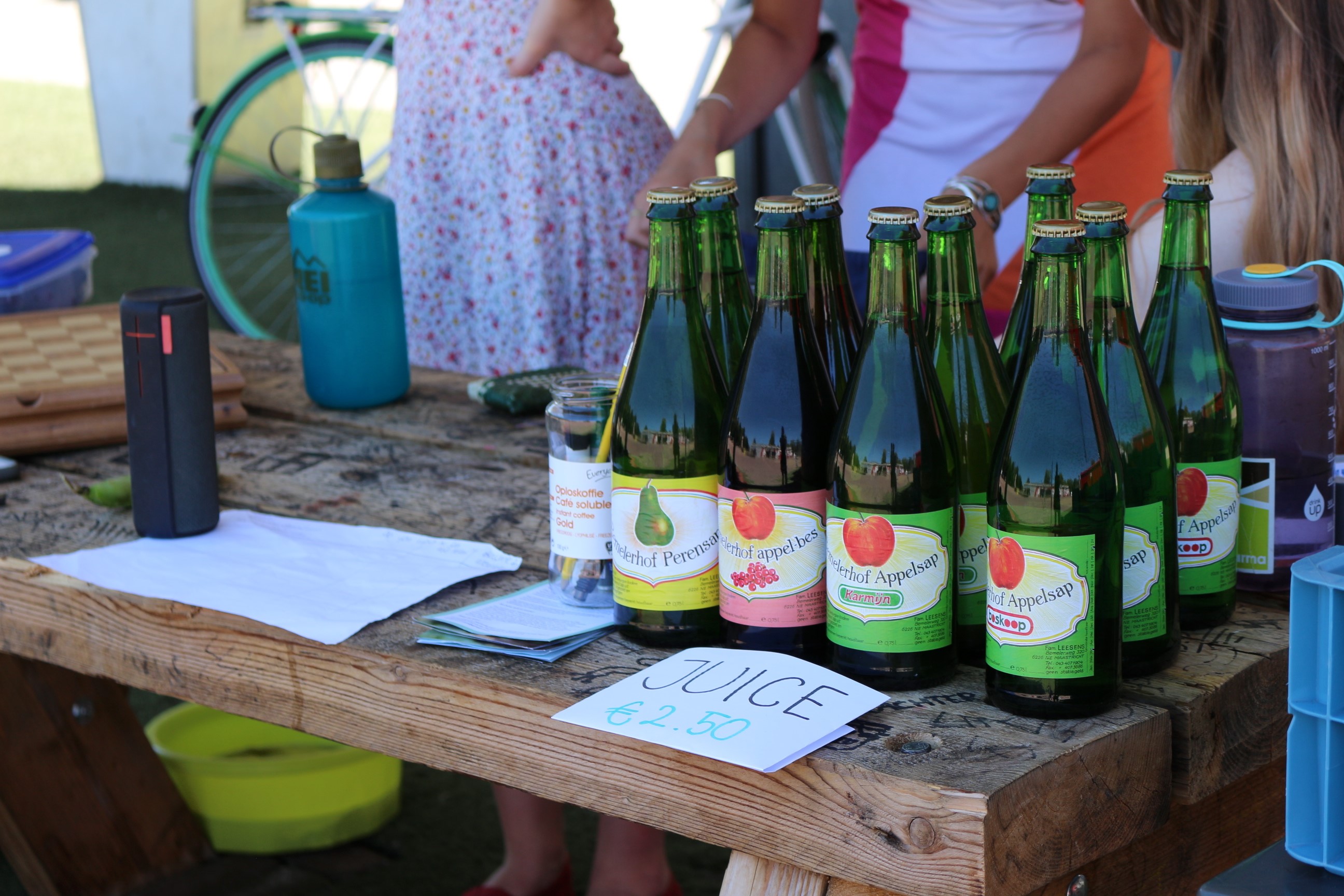
A kind farmer called Joel
‘‘What makes the Foodcoop Maastricht different from supermarkets? Well, most food retailers in the Netherlands are part of big corporations that are mainly profit-driven and less focused on the environment and sustainability. We are a not-for-profit sustainable alternative, striving to sell our fruit, vegetables and other products for a fair price. To achieve this, we try to minimise additional costs by reducing our profit margin and reducing the costs of the rent, marketing, and employees. Additionally, we try to ensure our produce is seasonal and organic through being supplied by local farmers only. In this way, we also bridge the gap between (student) consumers and the region they currently live in. How great is it for someone to know that (s)he will eat a zucchini that was personally grown and harvested by a kind farmer called Joel, who lives not so far away from Maastricht?’’
Placing an order is easy
‘‘Our main goal is to make organic and sustainable vegetables, fruits and other products accessible to and affordable for the community in Maastricht, in particular to students. However, anybody is welcome to join our movement. You can find all the info about our sales on our Facebook page and website. Most of the time you need to fill in the order form before Monday. Once you receive a confirmation of your order, you can pick it up at the ‘Keldertje’ (behind Landbouwbelang Maastricht) between 14.00 and 16.00 o’clock on Wednesdays. I am happy to see that every week around 50 people, mainly students, place an order. This demonstrates that the Foodcoop Maastricht successfully stimulates sustainable consumption in the local student community; it shows them that there are other, more sustainable economic models and ways to supply food to a community.’’
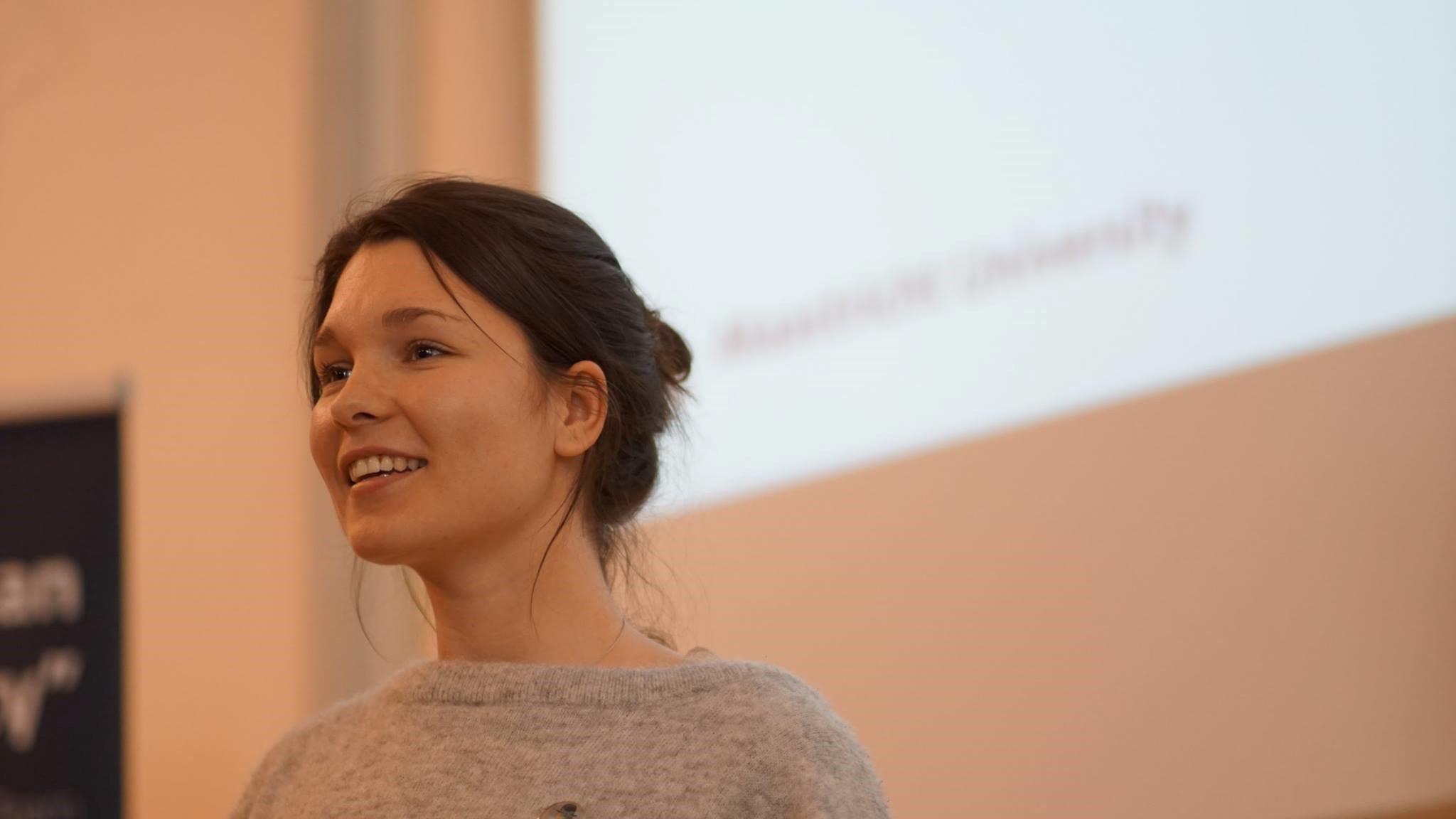
Liza Diane Gordin (photo) studied at University College Maastricht (major in psychology and philosophy) when she applied for a student grant from the University Fund Limburg/SWOL. She graduated in 2019. Recently, Liza Diane won the Incentive Award for her bachelor’s thesis ‘Equity in the transition to higher education of prospective first-generation students in Limburg’.
About the subsidies
The University Fund Limburg/SWOL awards grants to activities of UM students and projects of UM (scientific) staff four times a year. New proposals are more than welcome! For an overview of all deadlines, terms and conditions, please visit the website of the fund: www.ufl-swol.nl.
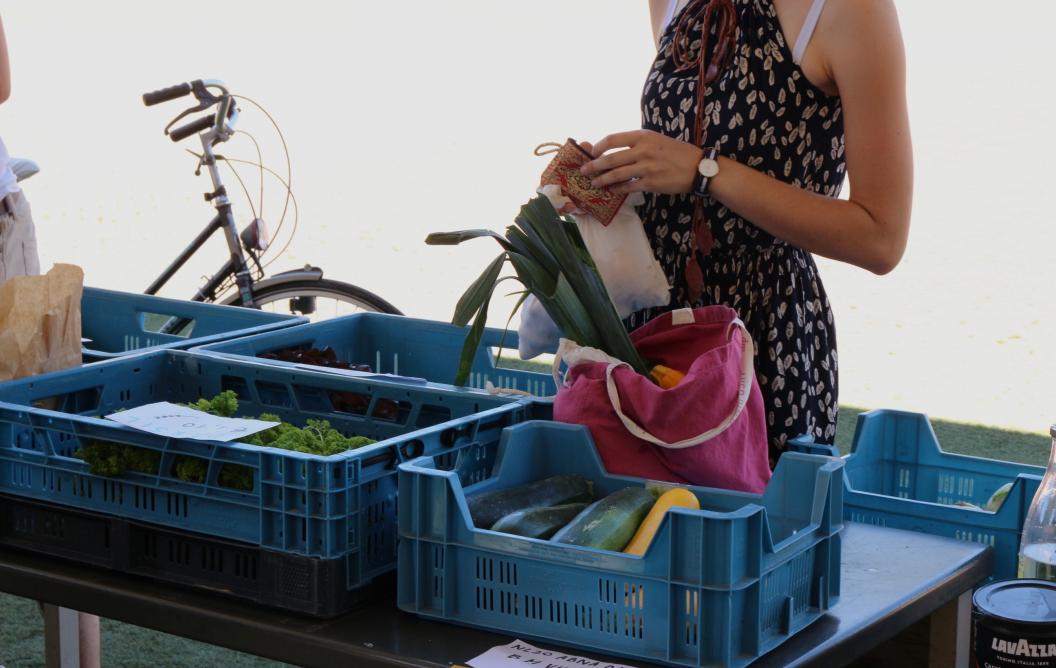
Caring about the planet
‘‘I stepped down as president of the Foodcoop Maastricht last October, but I want to mention one more time how grateful I still am for all the students and board members that helped last year and for the students who are currently volunteering every week. Their positive energy and time investment are exceptional! I am proud that Maastricht is the first student city to pioneer with a functioning food cooperative, one that cares about the planet. We strongly believe that consuming more organic and sustainable products has a positive impact on reversing the negative effects of climate change. With the Foodcoop Maastricht, we can create solutions to those issues, together, as one community!’’
Text: Milou Schreuders
Photography: Foodcoop Maastricht
Also read
-
The surgeon who, defeated, leaves the operating room after hours of surgery, to tell the relatives that, unfortunately, the patient did not make it. This role, which most people only know from films and TV series, was one that vascular surgeon Michael Jacobs had to play more often in his career than...
-
When talking about the commons, it is worthwhile to go back into history of the commons. One historical landmark is the Magna Carta, established in 1215 ensuring the rights for people to access the woodlands for fuel and heating. Back in these days, the woodlands were what these days fossil fuels...
-
According to sociologists Rolf van der Velden and Arie Glebbeek, education is in a deep crisis. More and more people are pursuing higher education in order to stay ahead of the rest, creating a veritable education race. Changes in education policy are not going to sufficiently turn the tide, the two...
